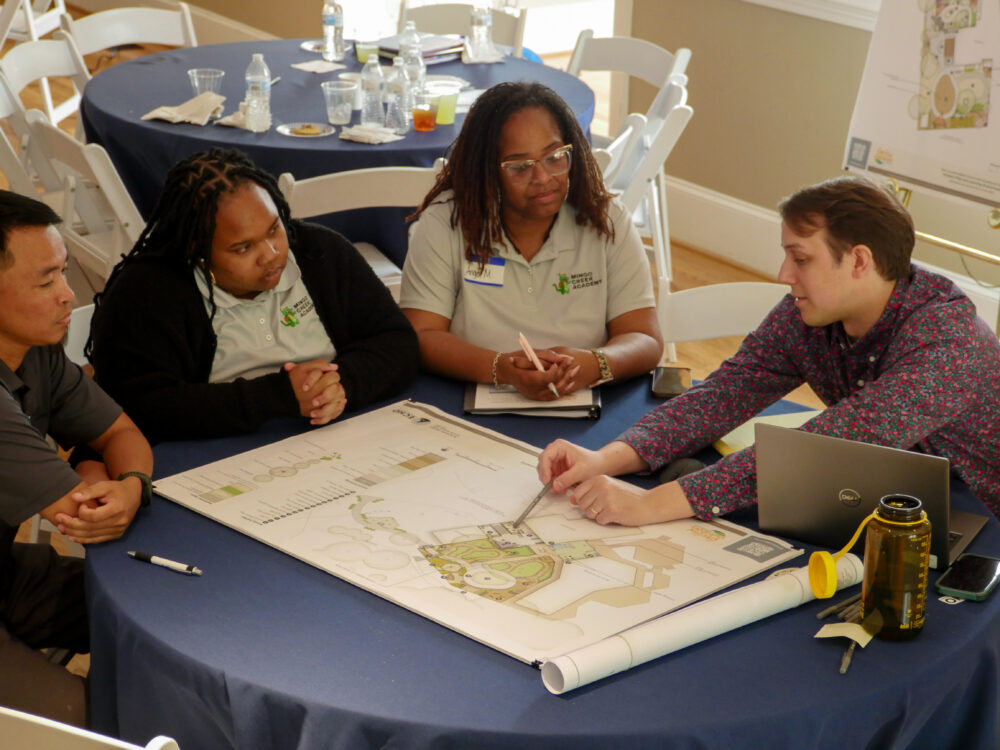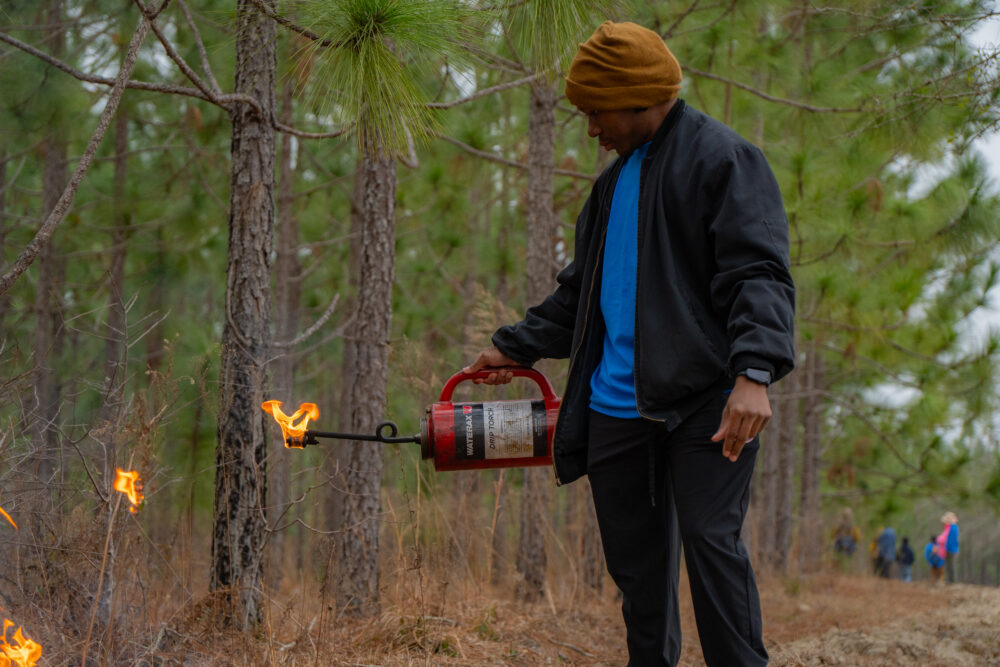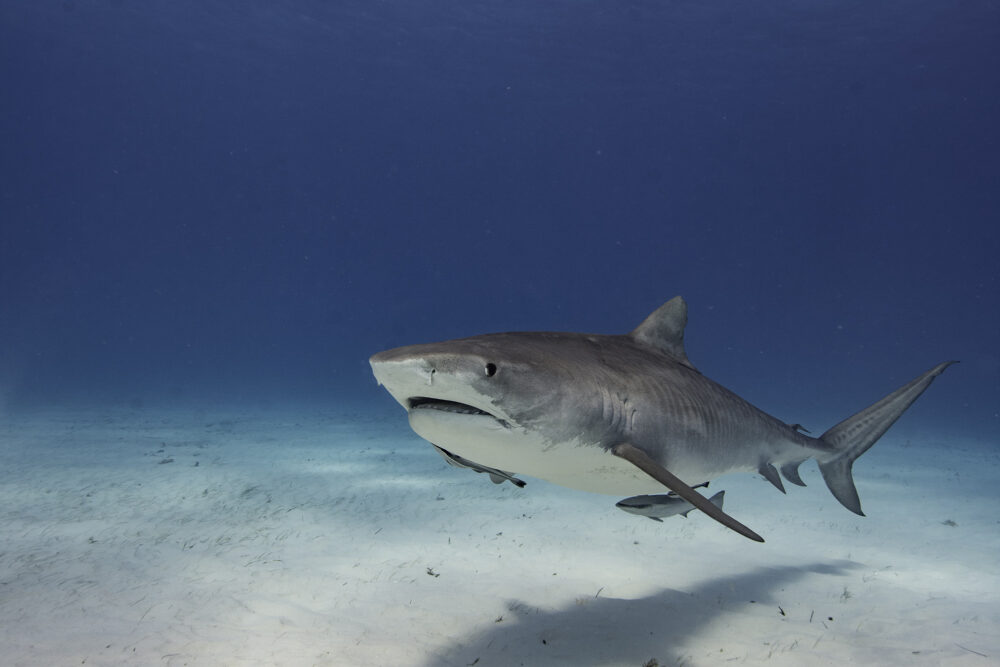We have much more to do and your continued support is needed now more than ever.
College of the Atlantic Aims for the Triple Bottom Line
When businesses go green, they do it for reasons ranging from profit and good PR to reliable supply chains and genuine concern for the environment. Examples of individual companies taking action are plentiful at sites such as GreenBiz, Treehugger, and Sustainable Industries, which already provide lengthy job boards and updates on businesses going green.
Not to be left behind, several schools already offer green business programs, such as Dominican University in California, Colorado State, Antioch University of New England, and the Bainbridge Graduate Institute in Bainbridge Island, Washington, all of which offer Green MBAs. In fact, some of them offer nothing else, and send every single graduate into the world with a basic understanding of the intersection between business and the environment.
College of the Atlantic recently announced a similar initiative, but with a difference: rather than an MBA, COA business students will earn an interdisciplinary degree in Human Ecology, but with a self-designed emphasis in business and economic studies. The program is designed for undergraduates, rather than Masters’ candidates.
Jay Friedlander, founding faculty member of this new business program, says, “One of the key things is that we want to not only talk about business theory and how to create a better world through business, but how to apply that theory. We’re talking to business people about how to integrate COA with what they’re doing, which would lead to students working that company on a marketing program, or its supply chain.”
Given that campuses account for a relatively small carbon footprint (universities are responsible for only about 5% of commercial sector building emissions in the US), perhaps their impact on national emissions are greater, if less measurable, when “soft” factors such as curriculum and job training are taken into account. Ken Hill, academic dean of the College of the Atlantic, says, “Businesses have arguably had some of the largest and most profound effects on the world’s natural and social environments. Because it is clear that certain practices associated with business need to be changed for the health of our planet and its inhabitants, we are focusing specifically on the green and socially responsible aspects of business.”
Although they are often met with groaning from the environmental community, programs by big business that are applied to the massive footprint of a corporation can result in large-scale change, such as Wal-Mart requiring its manufacturers to follow certain practices. Likewise, COA’s President, David Hales, hopes that the students’ “influence can extend beyond the raw numbers of tons of greenhouse gases reduced or cubic feet of solid waste avoided.”
See More:
The New Green Focus for Future MBAs—GreenBiz
Green Graduate, Seeking Job—Campus Ecology Blog





















